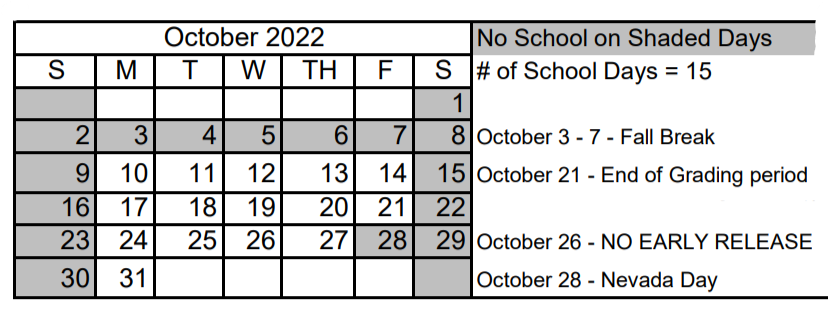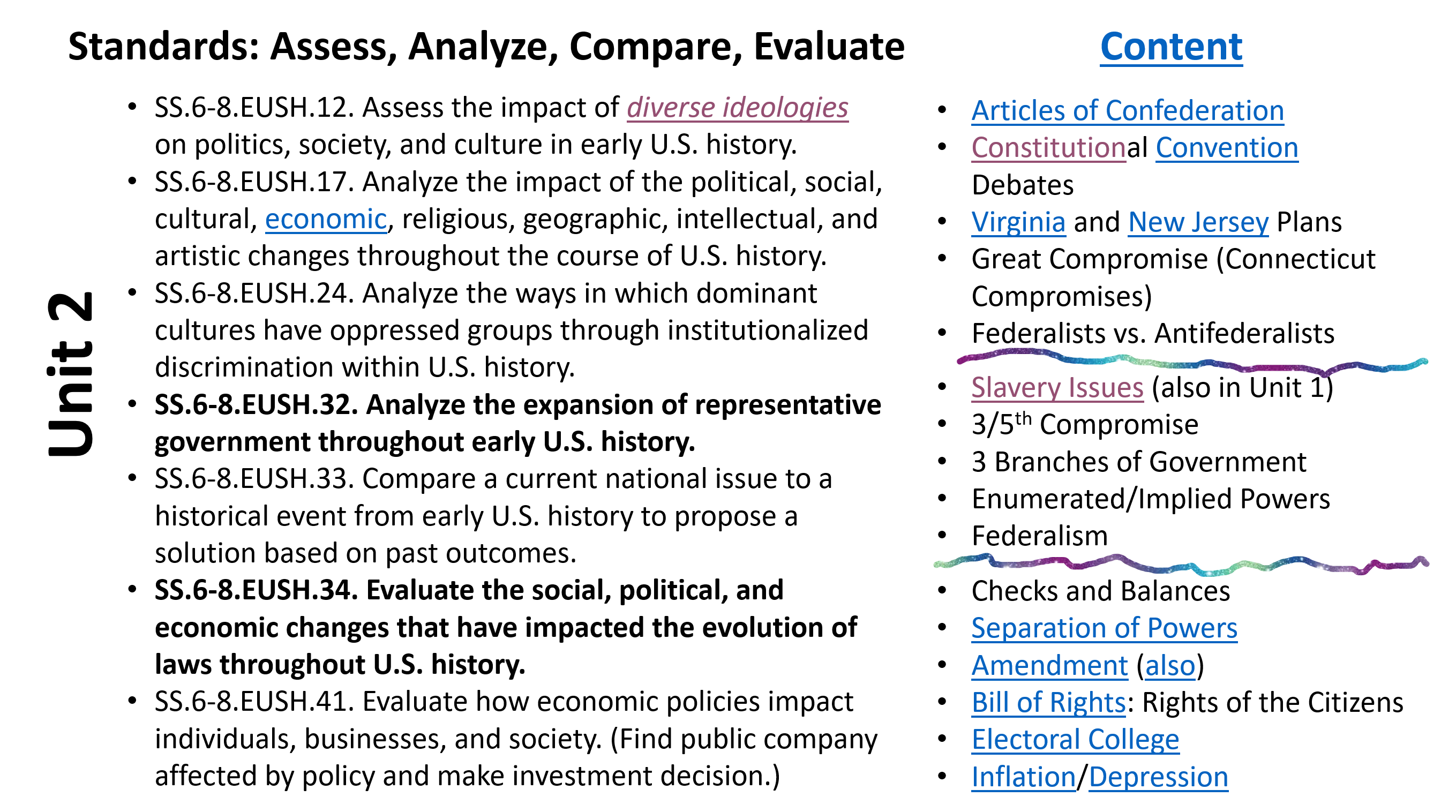- Middle Schools
- Social Studies
First Quarter
-
Week Nine: The Rule of the Game is to Change the Rules
Posted by Paul Wilkinson on 10/23/2022A new eight-hour podcast out Thursday is getting attention for reframing the march of knowledge in the digital era. Like James Madison, whose Constitutional ideas we studied last week and will continue to examine, tyranny also concerns Lex Fridman’s guest, Balaji Srinivasan. The podcast includes the idea that “the rule of the game is to change the rules”—precisely what Madison and his colleagues did 235 years, one month, six days ago (85,868 days ago total) when, instead of amending the Articles of Confederation, which was what they were assigned to do, they created a new federalist system of separate powers, checks, balances, and bicameral legislation.
One source we used in class asked directly, “When is it okay to break the rules?” The idea is that the framers of the Constitution themselves broke the rules by exceeding their mandate to merely amend the Articles of Confederation. In modern terms, they created an entirely new operating system instead of forking an existing program. Asking students if it is okay to break the rules can make teachers nervous. The good news: Most agreed that it is rarely a good idea to break rules at school.
Our study of “How Did the Constitution Guard Against Tyranny” is a popular middle school civics unit because it seeks to explain the Constitution’s unprecedented longevity using a combination of source documents, modern analysis, and students’ common sense. Much of U.S. history that follows covers the causes and consequences of the amendment process while cultural mores evolved. Changing technologies, too, mean rights are subject to new analyses. (See also standard 33 in the Week Seven post below.) How does the Constitution continue to guard against tyranny in the digital era? Learners may more completely explore this question in their Ph.D. dissertations and careers, but as we study the Constitution and Bill of Rights, seventh graders have enough experience with justice, fairness, and common sense to start to explain the mechanisms of governance and rights in clear and concise language. That is what we will be practicing this week as we plan, research, draft, revise, edit, and submit our essays on the topic.
First-quarter grades are being posted now. Monday is a fresh start. Encourage your learners to hit the ground running; complete all tasks on time; organize and maintain their three-ring binders, notes, and evidence of learning (all returned work must be kept in their binder along with their notes); be curious, and ask thoughtful questions. Have a great week!
Comments (0)(2) -
Week Eight: The Constitution, Financial Markets, and the End of the Quarter
Posted by Paul Wilkinson on 10/15/2022Like public company financial reporting, our educational system runs on calendar quarters (although our quarters are nine weeks instead of three months). Like public companies, we must get our data in to get our reports out. Tuesday, October 18, is the last day to turn in late data (missing assignments) for Social Studies this quarter.
Why the public company analogy? On Friday, we connected our Financial Literacy Unit with Article I, Section 8 of the Constitution, which grants Congress the power to regulate interstate commerce. Our talk ranged from how the Constitution let Congress create the Securities and Exchange Commission and the Federal Deposit Insurance Corporation 150 years after creating the Constitution to the 2000 and 2008 stock market events to today’s inflation. We had an amazing week in which we analyzed a speech by Edmund Burke about the duty of legislators, familiarized ourselves with the critical vocabulary of the Constitution, and spent part of Friday’s 43-minute class learning about the Stock Market Game. Here’s a web page about the game for families: The Stock Market Game.
Monday, October 17, is the retake (during advisory) for those who want a second chance at the Unit 1 assessment. In class this week, we will continue to practice the skills and learn the content previewed in the Week Seven post, including the Bill of Rights. We will also start to discuss our upcoming document analysis with the goal of understanding “How Did the Constitution Guard Against Tyranny?”
The last week of the quarter is a great time to be grateful for the opportunity to practice using the healthy stress it creates, use sleep, diet, and exercise to manage that stress, and to enjoy the readily achievable challenge of improving learning. Have a great week!
Comments (2)(6) -
Week Seven: Review, Testing, and Retakes
Posted by Paul Wilkinson on 10/9/2022Welcome back! Learners studied for and completed a challenging test the Friday before Fall Break, measuring their knowledge of events leading up to the Revolution and their ability to use primary source documents to investigate, analyze, explain, and assess information. 82% of test-takers scored a C (70%) or above. For those who struggled, a retake is available during Advisory on Monday, October 17, for students who have completed and submitted all missing assignments by Friday, October 14.
To sign-up for the retake, students must complete and submit any missing assignments, log on to their school account, and use this Form to sign-up.
With two weeks of class remaining in the quarter, here’s a look at the calendar:

The week of October 10, we start Unit 2. Here’s a look at our standards and content:

Students can access the links on this slide via the first quarter PowerPoint on Teams. The suggested time for Unit 2 is 4-5 weeks, so we will also work on this in the second quarter. Note that standard 33 requires the comparison of a current national issue to a historical event “to propose a solution based on past outcomes.” Learners and families may want to take time in the next few weeks to talk about how history connects with today’s issues.
Comments (0)(0)

